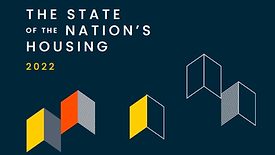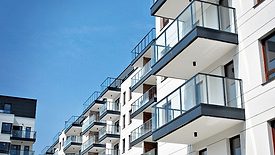Home » market trends
Articles Tagged with ''market trends''
We’re rolling out the red carpet of flooring knowledge!
Stay in the know on the latest flooring retail trends.
JOIN TODAY!Copyright ©2024. All Rights Reserved BNP Media.
Design, CMS, Hosting & Web Development :: ePublishing


.jpg?height=168&t=1653578322&width=275)







